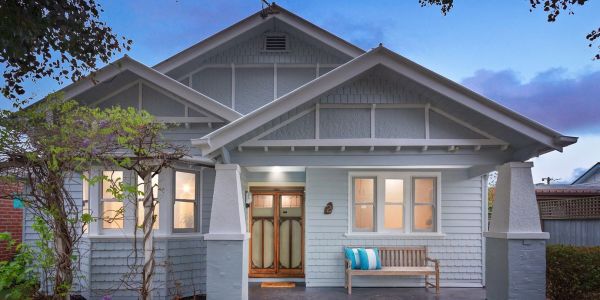Post to Facebook on 12/11/2018 at 5:00 PM
Commenting on “Australia property market price falls in Sydney and Melbourne are speeding up”
https://www.businessinsider.com.au/australia-property-market-price-falls-sydney-melbourne-2018-11
We are not alone! No, I don’t mean the aliens from different universe are dropping by to visit our planet. I mean the sustainability or boom and bust of our real estate market do rely on overseas investors, as well as local investors.
An agent’s representative was rather sarcastic in commenting in one of my blogs that she had not come across a property that had dropped by 20%. I believe she is still too green in the game.
Not being able to read the real estate market by the economists who probably have influence on the governor of RBA‘s monthly decision in setting the official cash rate, and advisers of government on money matter can lead to a big negative impact on livelihood of ordinary Australians.
The linked article highlights that the real estate downturn is spreading like a cancer, and if it is not checked, many cities, towns and industries will fall victim.
Just a few hours ago, I was talking to my bank customer relation manager about the current low bank interest rate.
Baby boomers are cash rich, but are reluctant to spend because they see their money keep dwindling, because their bank balance is not topped up with interest earned. As a result, they do not put money in the bank, and the bank do not have enough fund to lend.
Real estate markets affects many other markets. Once the real estate market declines, money does not flow in the economy and businesses will be affected, and consumer confidence gets eroded.
It is not high interest rate that deters investors and ordinary buyers from investing in the real estate market, but lack of consumer confidence that dampens their enthusiasm.
The downturn is an iterative process. The initial downturn lowers consumer confidence, which then leads to further downturn, and so on.
A WeChat friend posted this similar link in his WeChat Timeline, and asks me how low will the prices go, and when will the decline stop.
Well, I have discussed this many times, so I would like you to answer these questions just to make sure you do pay attention to my blogs.
Thank you for reading.
Commenting on “Australia property market price falls in Sydney and Melbourne are speeding up”
https://www.businessinsider.com.au/australia-property-market-price-falls-sydney-melbourne-2018-11
We are not alone! No, I don’t mean the aliens from different universe are dropping by to visit our planet. I mean the sustainability or boom and bust of our real estate market do rely on overseas investors, as well as local investors.
An agent’s representative was rather sarcastic in commenting in one of my blogs that she had not come across a property that had dropped by 20%. I believe she is still too green in the game.
Not being able to read the real estate market by the economists who probably have influence on the governor of RBA‘s monthly decision in setting the official cash rate, and advisers of government on money matter can lead to a big negative impact on livelihood of ordinary Australians.
The linked article highlights that the real estate downturn is spreading like a cancer, and if it is not checked, many cities, towns and industries will fall victim.
Just a few hours ago, I was talking to my bank customer relation manager about the current low bank interest rate.
Baby boomers are cash rich, but are reluctant to spend because they see their money keep dwindling, because their bank balance is not topped up with interest earned. As a result, they do not put money in the bank, and the bank do not have enough fund to lend.
Real estate markets affects many other markets. Once the real estate market declines, money does not flow in the economy and businesses will be affected, and consumer confidence gets eroded.
It is not high interest rate that deters investors and ordinary buyers from investing in the real estate market, but lack of consumer confidence that dampens their enthusiasm.
The downturn is an iterative process. The initial downturn lowers consumer confidence, which then leads to further downturn, and so on.
A WeChat friend posted this similar link in his WeChat Timeline, and asks me how low will the prices go, and when will the decline stop.
Well, I have discussed this many times, so I would like you to answer these questions just to make sure you do pay attention to my blogs.
Thank you for reading.





